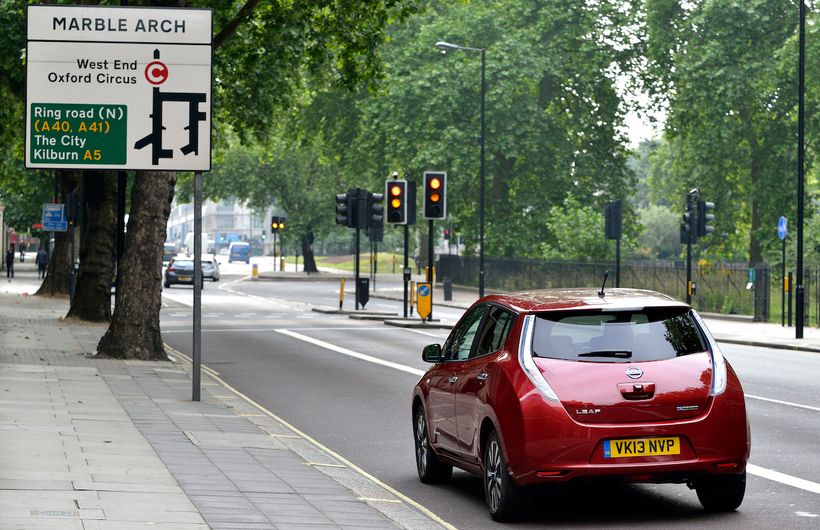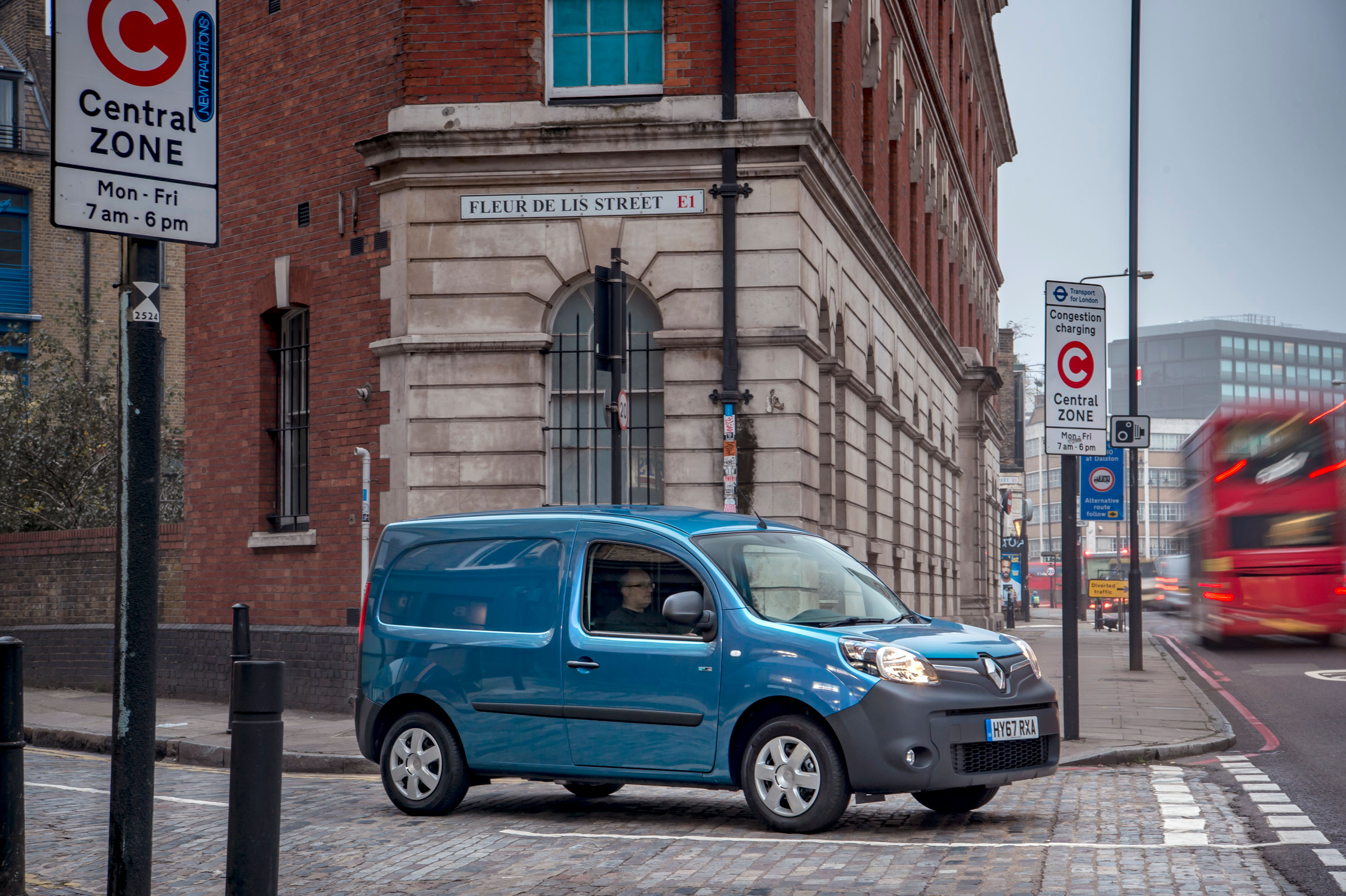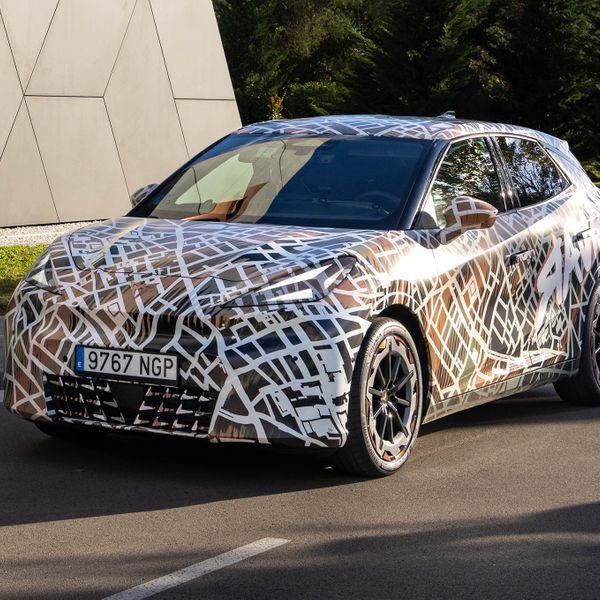He suggested an insurance-based mileage levy as another possibility, with rebates if drivers cover less miles than they’d paid for. “In theory everyone should have motor insurance so the Government could build it into that,” said King.
He pointed out that successive governments have looked at road pricing as a car tax alternative and then done nothing about it as far back as 1962, when transport planner Rueben Smeed produced a report on its feasibility.
A couple of years back King and his economist wife Diedre co-authored a report called ‘Road Miles,’ which proposed road pricing with sweeteners. “Almost to soften the blow, everyone gets 3,000 miles free, 4,000 miles for rural areas and small payments thereafter. It would be easier to introduce, and this could be done progressively as people switch from petrol and diesel cars. Those doing low mileages wouldn’t pay, and it could be run by an independent body,” said King.Caterina Brandmayr of the Green Alliance said road pricing ought not to be seen as ‘a silver bullet,’ and should be considered alongside and integrated with things like planning and public transport improvements.
The RAC’s Nicholas Lyes thinks the adoption of road pricing is inevitable, in part because it shares with fuel duty the implied fairness that the more miles driven the more tax is paid. He suggests that getting the IT side right would also be important in PR terms (and given other public IT scheme failures a tall order).
“Road pricing has to be a replacement for existing systems. Anything else would be seen as a stealthy way to raises taxes on drivers, and lose support,” he said. Lyes added that a road pricing system with multiple different tariff rates, perhaps with higher peak time charges on motorways, might not go down well either. He said that drivers would need to feel the incoming charges weren’t costlier.
Whether we’ll get a progressive road pricing system or last minute legal hash remains to be seen. Either way, how we pay for our motoring will change forever.
 Toll road technology used to run London’s congestion charge would be rolled out nationally
Toll road technology used to run London’s congestion charge would be rolled out nationally 






.jpg?width=820&height=530)





